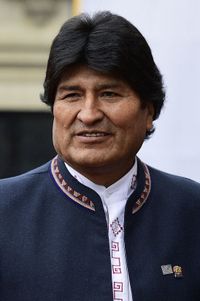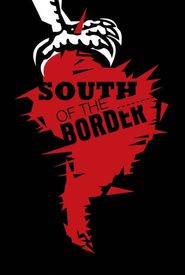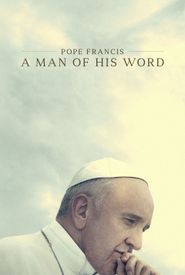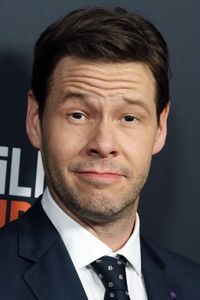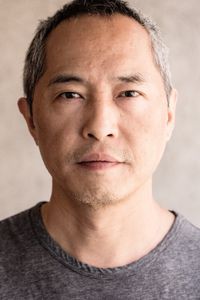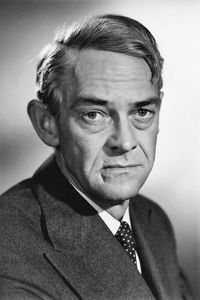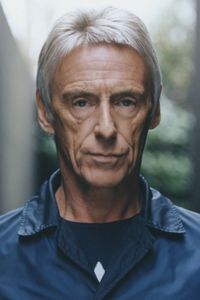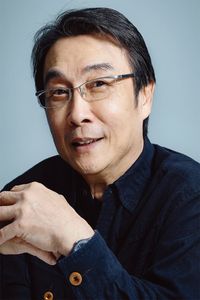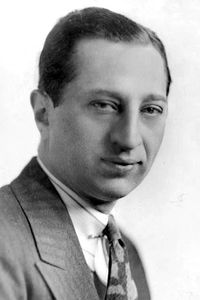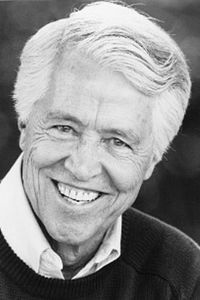Juan Evo Morales Ayma, a prominent figure in Bolivian politics, has been serving as the 80th and current President of Bolivia since 2006. As a dedicated advocate for socialist ideals, his presidency has been characterized by a strong commitment to implementing a wide range of socialist policies, aimed at transforming the country's socio-economic landscape.
One of the key initiatives undertaken by Morales has been the introduction of far-reaching land reforms, designed to address the long-standing issue of unequal land distribution and to promote greater social justice. This effort has involved the redistribution of land from large landholders to small-scale farmers and indigenous communities, with the ultimate goal of reducing poverty and promoting economic equality.
In addition to land reforms, Morales has also taken steps to nationalize key industries, such as the oil and gas sector, in order to increase state control and revenue. This move has been seen as a means of reducing the country's dependence on foreign capital and of promoting greater economic sovereignty.
Furthermore, Morales has been a vocal critic of United States and corporate involvement in Bolivia's politics, advocating for greater autonomy and self-determination for the country. His presidency has been marked by a commitment to promoting Bolivia's interests on the international stage, and to resisting external pressures and influences that might compromise the country's sovereignty.
Evo Morales was born on October 26, 1959, in the picturesque Isallawi village, situated within the Orinoca Canton, a region steeped in rich cultural heritage. As a native Aymara, he was deeply rooted in the traditions and customs of his indigenous ancestors.
Initially, Evo's early years were marked by manual labor, as he engaged in the humble yet vital occupation of llama herding. However, as he matured, he began to transition into a more sustainable and lucrative endeavor - the cultivation of coca leaves. This decision would ultimately lead him to become an integral part of the cocalero movement and coca growers' trade unions, a path that would shape his destiny and lay the foundation for his future endeavors.
Evo Morales, a prominent figure in Bolivian politics, first ascended to the presidency on December 18, 2005, securing a significant 53.7% of the popular vote. Two and a half years later, he achieved an even more resounding victory, with a substantial majority of over two-thirds of voters supporting his recall in a referendum held on August 14, 2008. Subsequently, he went on to win the presidential elections once more in December 2009, capturing an impressive 63% of the vote and continuing to serve his second term as the President of Bolivia.
Evo Morales, the prominent figurehead of the Movement for Socialism (MAS),is dedicated to empowering indigenous and impoverished communities through the implementation of far-reaching land reforms and the equitable redistribution of the nation's substantial gas wealth. In addition to his esteemed position as the titular president of Bolivia's influential cocalero movement, a loose confederation of coca growers' unions, Evo has consistently demonstrated his unwavering commitment to resisting the United States' relentless efforts to eradicate coca production in the province of Chapare, a region where the crop has long played a vital role in the local economy and culture.
Evo Morales, a prominent figure in the world of politics, has consistently voiced his discontent towards the foreign policy of the United States and the influence of transnational corporations in Latin America.
Throughout his career, he has been a steadfast supporter of socialist governments in Venezuela and Cuba, demonstrating his unwavering commitment to the values of socialism and his solidarity with like-minded nations.
In a remarkable honor, Evo was named "World Hero of Mother Earth" by the General Assembly of the United Nations in October 2009, a testament to his tireless efforts in promoting environmental protection and sustainable development.
As a champion of social justice and human rights, Evo has been a beacon of hope for millions of people around the world, inspiring a new generation of leaders and activists to take up the mantle of social change.
With his unshakeable conviction and unwavering dedication to his principles, Evo Morales has left an indelible mark on the world stage, cementing his place as a true champion of the people and a beacon of hope for a more just and equitable world.
Juan Evo Morales Ayma, a highly respected and influential figure in Bolivian politics, has made a lasting impact on the country's political landscape through his unwavering commitment to socialism, his tireless advocacy for indigenous rights, and his unrelenting resistance against imperialism.
Throughout his presidency, Morales has demonstrated a strong dedication to promoting social and economic equality, as well as protecting the rights and interests of Bolivia's indigenous population.
As a prominent leader in Latin American politics, Morales has been a vocal advocate for regional integration and cooperation, and has played a key role in shaping the region's political and economic landscape.
Despite facing numerous challenges and criticisms during his presidency, Morales has remained a powerful force in Bolivian politics, and his legacy continues to be felt long after he left office.
Today, Morales remains a respected and influential figure in Latin American politics, and his commitment to socialism, indigenous rights, and resistance against imperialism continues to inspire and motivate many around the world.
---
Person Biography:
Juan Evo Morales Ayma was born on October 26, 1959, in Isallawi, Bolivia. He is a member of the Aymara people, an indigenous group that has traditionally been marginalized and excluded from Bolivia's political and economic systems.
Morales grew up in a poor, rural community, and was forced to drop out of school at a young age to work and support his family. Despite these challenges, he remained committed to his education, and eventually became a union leader and advocate for the rights of Bolivia's indigenous population.
In 2002, Morales was elected as the President of Bolivia, becoming the country's first indigenous president in its history. During his presidency, Morales implemented a number of reforms aimed at promoting social and economic equality, as well as protecting the rights and interests of Bolivia's indigenous population.
Morales was re-elected in 2009 and again in 2014, but was forced to resign in 2019 following a series of protests and political crises. Despite his resignation, Morales remains a respected and influential figure in Bolivian politics, and his legacy continues to be felt long after he left office.
